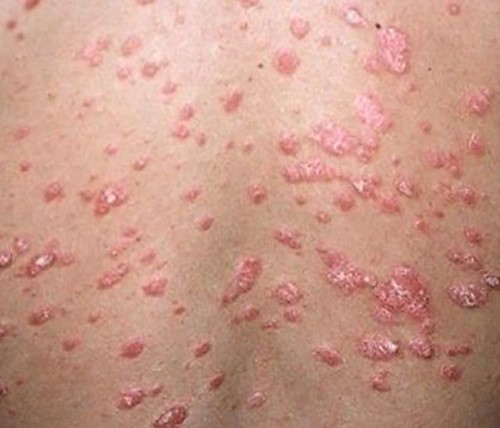Living in a fast-growing urban city like Dubai brings many conveniences, but it also comes with certain environmental challenges. One growing concern is the impact of air pollution on skin health. For people experiencing unexplained itching, redness, or breakouts, the culprit might not be your skincare routine or diet—it could be the air itself.
Understanding the Link Between Pollution and Skin Conditions:
Pollution in urban environments like Dubai consists of various airborne particles, including dust, vehicle emissions, industrial fumes, and even sand from desert winds. These pollutants can penetrate the skin, trigger inflammatory responses, and compromise the natural skin barrier. Over time, this exposure may lead to chronic skin diseases (أمراض الجلد) or worsen existing conditions.
Types of Pollutants That Affect the Skin:
The primary types of pollutants affecting skin health in urban settings include:
-
Particulate matter (PM2.5 and PM10): Tiny particles that can infiltrate pores and cause irritation
-
Nitrogen dioxide and ozone: Found in traffic emissions, these can oxidize skin cells and speed up aging
-
Dust and sand: Common in Dubai due to frequent shamal winds, which can clog pores and dry the skin
Signs Your Skin Allergy May Be Pollution-Related:
Not all skin allergies are caused by pollution, but certain signs can point to an environmental trigger. These include:
-
Persistent itching or burning sensations without a clear allergen
-
Sudden onset of rashes, hives, or redness, especially after time outdoors
-
Increased sensitivity to skincare products you previously tolerated
-
Dry, flaky, or inflamed patches on exposed areas like the face, neck, and arms
-
Frequent breakouts or flare-ups of existing skin conditions such as eczema or dermatitis
Areas Most Commonly Affected:
Pollution-induced reactions tend to show up on skin that is frequently exposed to the elements. This includes the forehead, cheeks, hands, and arms. Wearing makeup or heavy moisturizers can sometimes trap pollutants, making symptoms worse.
How to Identify the Cause?
If you suspect that pollution is triggering your skin allergy, try the following steps to narrow down the source:
Track When and Where Symptoms Occur:
Keep a diary of your symptoms and their timing. Are flare-ups worse after commuting, exercising outdoors, or during dusty weather? This can help establish a link between environmental exposure and your skin issues.
Check Air Quality Reports:
Many weather apps and websites report daily air quality levels in Dubai. If symptoms worsen on days when pollution levels are high, this supports the theory that air quality may be a contributing factor.
Eliminate Other Irritants:
Sometimes the cause may be a new detergent, skincare product, or dietary change. If no such changes have occurred and your lifestyle remains consistent, pollution may be more likely to blame.
Tips to Protect Your Skin from Urban Pollution:
Even though avoiding outdoor exposure completely isn’t realistic, you can take practical steps to defend your skin against harmful pollutants:
-
Use a gentle, pH-balanced cleanser daily to wash away pollutants
-
Apply antioxidant-rich serums like those containing vitamin C or E
-
Wear a physical barrier like mineral sunscreen that shields the skin
-
Avoid heavy makeup that traps pollution particles
-
Shower and moisturize after being outdoors for extended periods
Frequently Asked Questions (FAQs):
Can pollution really cause skin allergies?
Yes, pollutants can irritate the skin, clog pores, and weaken its protective barrier. This can lead to allergic reactions or exacerbate existing skin diseases like eczema or contact dermatitis.
Are certain people more vulnerable to pollution-related skin problems?
Individuals with sensitive skin, existing skin conditions, or compromised immune systems are more prone to reacting to environmental irritants.
Can indoor air quality affect my skin too?
Yes, especially if air conditioning filters are not maintained. Dust, mold spores, and dry indoor air can also contribute to skin irritation.
How do I treat a pollution-related skin reaction?
Start with gentle skincare, hydration, and limiting outdoor exposure during high-pollution days. If symptoms persist, seek guidance from a skin health professional.
Conclusion:
Pollution in Dubai’s urban environment is a real concern for those dealing with skin diseases (أمراض الجلد) or unexplained allergies. While you can’t control the air around you, you can take proactive steps to protect your skin, recognize early warning signs, and adjust your routine accordingly. Understanding how your skin reacts to the environment is the first step toward maintaining long-term skin health.



